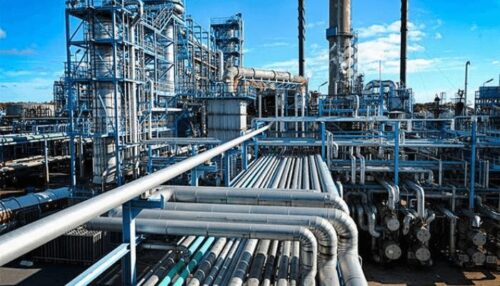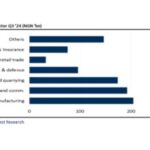The Nigerian government, through the Nigerian Midstream and Downstream Petroleum Regulatory Authority (NMDPRA), has given the green light for the construction of a new refinery with a capacity of 10,000 barrels per day in Delta State.
According to NMDPRA, the license has been issued to MRO Energy Limited, an energy firm, to establish the refinery at Imode in Ughelli, Delta State.
Announcing the approval via its official X account on Tuesday, the regulatory authority disclosed that its Chief Executive, Farouk Ahmed, formally presented the Licence to Establish (LTE) to representatives of MRO Energy Limited.
This development comes shortly after a similar license was granted to Process Design and Development Limited just two months ago for the construction of a larger 27,000 barrels per day refinery in Dole-Wure, Akko Local Government Area of Gombe State.
Expanding Nigeria’s Refining Capacity
With the addition of the new Delta State refinery, Nigeria’s refining landscape continues to grow, now comprising around 11 modular and traditional refineries. These facilities aim to enhance the country’s refining capacity and reduce dependence on imported petroleum products.
Industry stakeholders remain optimistic, even as concerns persist about the underutilization and operational challenges faced by many existing refineries, which often function below optimal capacity.

Future Refinery Projects on the Horizon
Meanwhile, the Petroleum Products Retail Outlets Owners Association of Nigeria (PETROAN) recently unveiled plans to partner with investors to develop a larger refinery with an initial production capacity of 50,000 barrels per day, signaling further expansion in the sector.
Despite these efforts, the Nigerian Upstream Petroleum Regulatory Commission has set an ambitious goal for the domestic refining sector, targeting a total capacity of 770,500 barrels of crude oil per day across local refineries.
Industry experts believe that increasing refining capacity through such initiatives could play a crucial role in addressing fuel shortages and stabilizing the country’s energy market.


